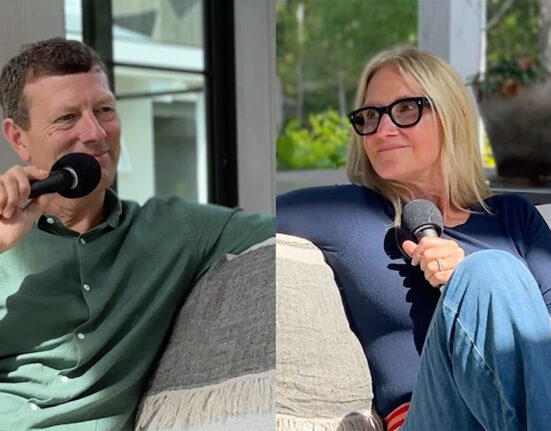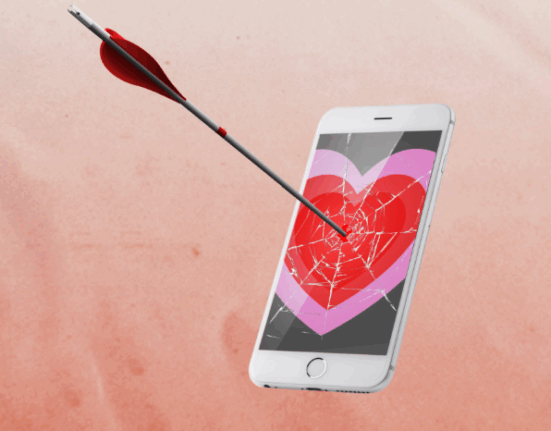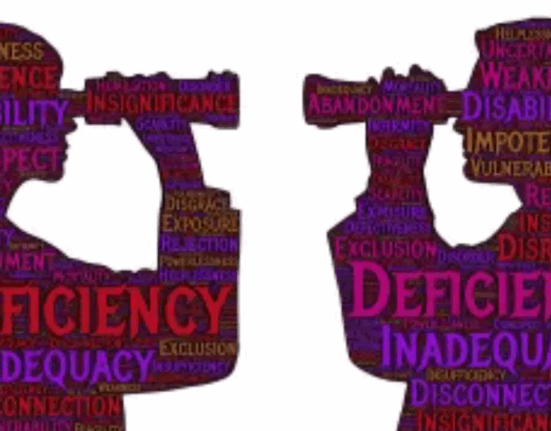Last Updated on February 16, 2024 by Rachel Hall
As we tiptoe into 2024, with its promise of new beginnings and resolutions galore, I find myself pondering the fabric of our daily lives: our relationships. This introspection was kindled by a fascinating New York Times article, a treasure trove of wisdom from therapists, sex therapists and researchers, and those who have been known for years to spend their lives decoding the complexities of human connection. As a woman who’s navigated the highs and lows of friendships, family dynamics, and romantic entanglements through big changes in relationships from 2023 that can help, I’m keen to share my take on these insights, peppered with personal anecdotes and a healthy dose of humour.
- Introduction
- Give People Permission to Change
- When the Phone Rings, Pick Up
- Beware of 'Phubbing’
- Be Open to Different Types of Desire
- When Arguing, Avoid Generalisations
- Never Underestimate the Power of a Compliment
- Focus on What You Can Control
- Don’t Let Introversion Stand in the Way
- Asking One Simple Question
- Conclusion
Introduction
The quest to deepen our connections feels akin to perfecting a Sunday roast: it requires patience, attention, and a bit of trial and error. Drawing from the well of knowledge provided by experts, including licensed marriage and family therapists and psychotherapists fortunate to regularly interview, and my own sometimes-comical, sometimes-challenging experiences, I embark on dissecting 9 ways to improve your relationships in 2024. This guide is not just about avoiding the pitfalls of digital faux pas but also about cherishing the warmth of voice calls, the courage to embrace change, and the art of mastering meaningful conversations, all strategies for finding and maintaining connection.
Give People Permission to Change
Whitney Goodman, a renowned therapist known for her candid insights on mental health and relationships, champions the idea of allowing people in our lives to evolve. Reflecting on my own life, I recall the bafflement of seeing a close friend transform from a punk-rock aficionado to a corporate powerhouse. Goodman’s advice resonates deeply as I learned to ask questions that opened doors to understanding her new world, much like how one cautiously opens a letter from the HMRC, hoping for the best but preparing for the worst. Remember, asking open-ended questions isn’t just polite; it’s a gateway to understanding the multifaceted nature of those around us, leading to big changes in relationships.
When the Phone Rings, Pick Up
Dr Vivek H. Murthy, the Surgeon General of the United States, might not be someone you’d typically find in British discourse, yet his advocacy for picking up the phone to combat loneliness strikes a chord. I’ve found that in the age of WhatsApp and fleeting Instagram stories, there’s an unparalleled charm in hearing a friend’s laughter over the phone, reminiscent of a surprise biscuit found at the bottom of a tin. This simple act, as Vivek suggests, often helps bridge the gap of loneliness, making it much better than going back and forth in digital communication.
Beware of ‘Phubbing’
‘Phubbing’, or phone snubbing, is the modern-day equivalent of turning your back on someone mid-conversation to admire a squirrel. Katherine Hertlein, a professor and therapist with a keen focus on the impact of technology on human relationships, sheds light on ‘phubbing’. Her insights have made me conscious of how often we, myself included, allow our phones to hijack precious moments. It’s a habit I’m trying to kick, much like my addiction to late-night cheese and crackers, emphasising the importance of setting clear rules with your partner about alerts and phone usage.
Be Open to Different Types of Desire
The dialogue on desire, as presented by Lori Brotto, a psychologist and sex researcher, is as enlightening as it is necessary. Brotto encourages an understanding of both spontaneous and responsive desires, a concept I liken to the unpredictable nature of British weather: sometimes you need an umbrella, and other times, sunscreen. This understanding enriches intimacy in long-term relationships by acknowledging that different emotions need different responses, thereby enhancing closeness over time.
When Arguing, Avoid Generalisations
Kier Gaines, a licensed marriage and family therapist and social media sage, reminds us of the dangers of generalisations in arguments. His advice has helped me navigate disagreements more smoothly, much like learning to drive on the left side of the road — initially daunting but ultimately rewarding. Kier Gaines suggests specificity is key to resolution – a lesson I learned after accusing my partner of never doing the dishes. It turns out, “never” was more like “occasionally”, and “the dishes” included more than just his tea mug.
Never Underestimate the Power of a Compliment
The impact of a heartfelt compliment, as researched by Erica Boothby, a social psychologist at the Wharton School, can be as warming as a cup of tea on a dreary day. I’ve learned to sprinkle compliments with the same enthusiasm I apply to scones and clotted cream, liberally and with joy. I’ve found that acknowledging a friend’s terrible taste in jumpers but excellent choice in pubs can strengthen bonds immeasurably.
Focus on What You Can Control
Navigating the tricky waters of family dynamics, with guidance from Nedra Glover Tawwab, a therapist and author, is about focusing on what we can control. Nedra Glover Tawwab’s advice to focus on our actions and responses is a game-changer. It’s about accepting that you can’t change people, much like you can’t change the fact that tea will always be superior to coffee, but you can control over who you socialise with and how you meet your needs.
Don’t Let Introversion Stand in the Way
Susan Cain, the author who championed the power of introverts, has been a beacon for those of us who thrive in quieter settings. Embracing our introversion or extroversion is akin to understanding that Marmite is divisive – and that’s perfectly okay. Cain’s insights encourage introverts in a world that often favours extroversion to find people who share their natural preferences and initiate plans that suit their comfort levels.
Asking One Simple Question
Dr. Elizabeth Easton, a psychologist specialising in emotional support, advocates for asking a simple question to understand others’ needs. This approach, akin to offering a listening ear or a shoulder to lean on, has transformed how I offer support, reminding me of the importance of being present, whether in joy or sorrow. It’s about making sure even if it’s just to say, “What is going on in your life that I don’t know about?” as a way to deepen friendship and connection.
Conclusion
As we usher in 2024, let’s make a collective resolution to enrich our relationships, armed with empathy, understanding, and a willingness to grow together. This journey, inspired by a New York Times article and seasoned with personal experiences, is a testament to the enduring power of connection. Here’s to a year of building bridges, one conversation at a time, with the hope that our relationships will be as robust and comforting as a well-brewed cup of tea. Cheers to that!

Rachel Hall, M.A., completed her education in English at the University of Pennsylvania and received her master’s degree in family therapy from Northern Washington University. She has been actively involved in the treatment of anxiety disorders, depression, OCD, and coping with life changes and traumatic events for both families and individual clients for over a decade. Her areas of expertise include narrative therapy, cognitive behavioral therapy, and therapy for traumatic cases. In addition, Rachel conducts workshops focusing on the psychology of positive thinking and coping skills for both parents and teens. She has also authored numerous articles on the topics of mental health, stress, family dynamics and parenting.








Leave feedback about this